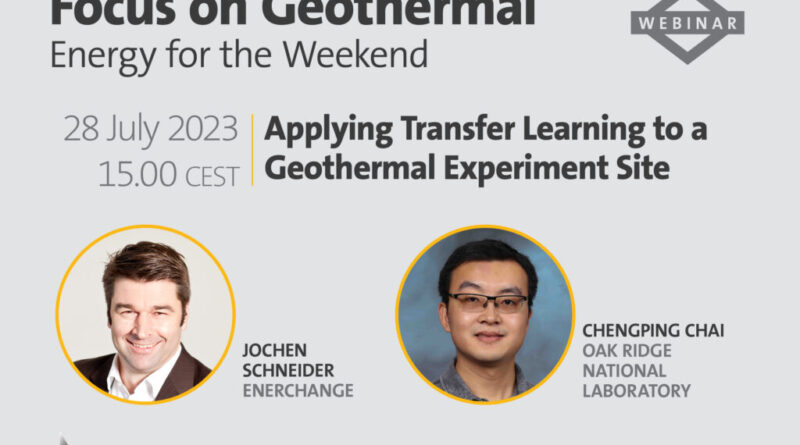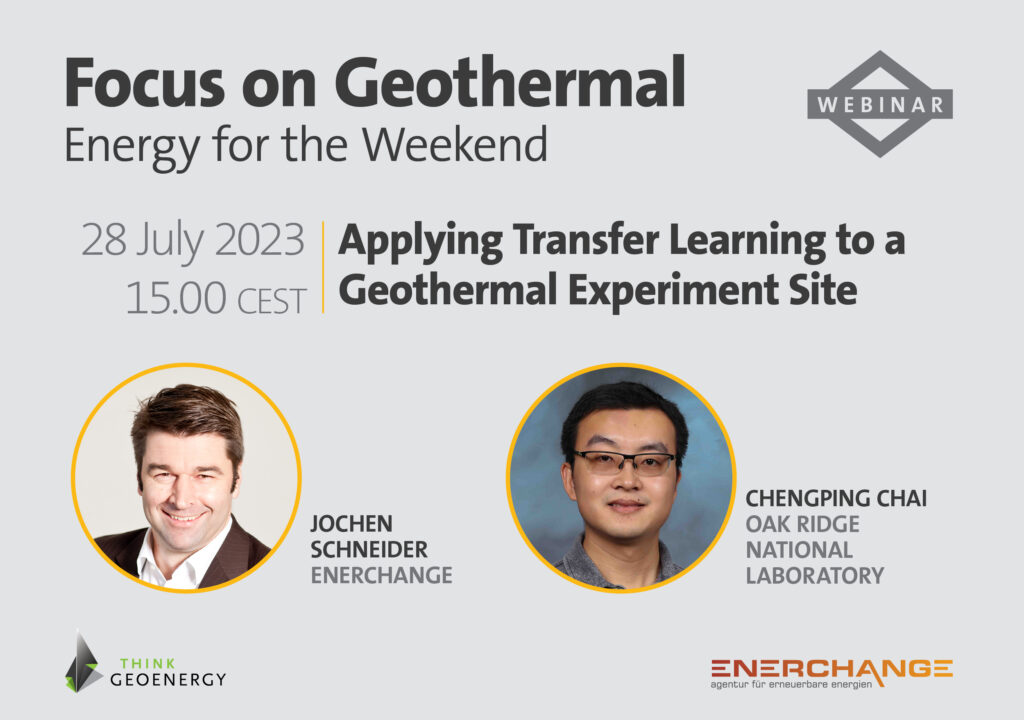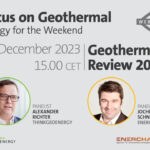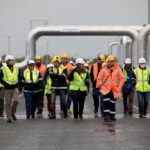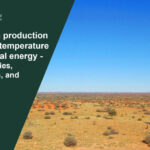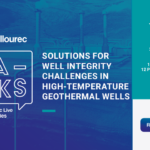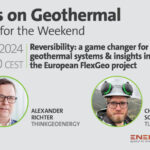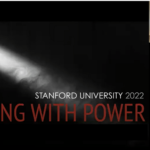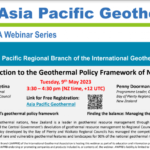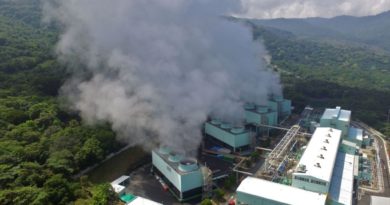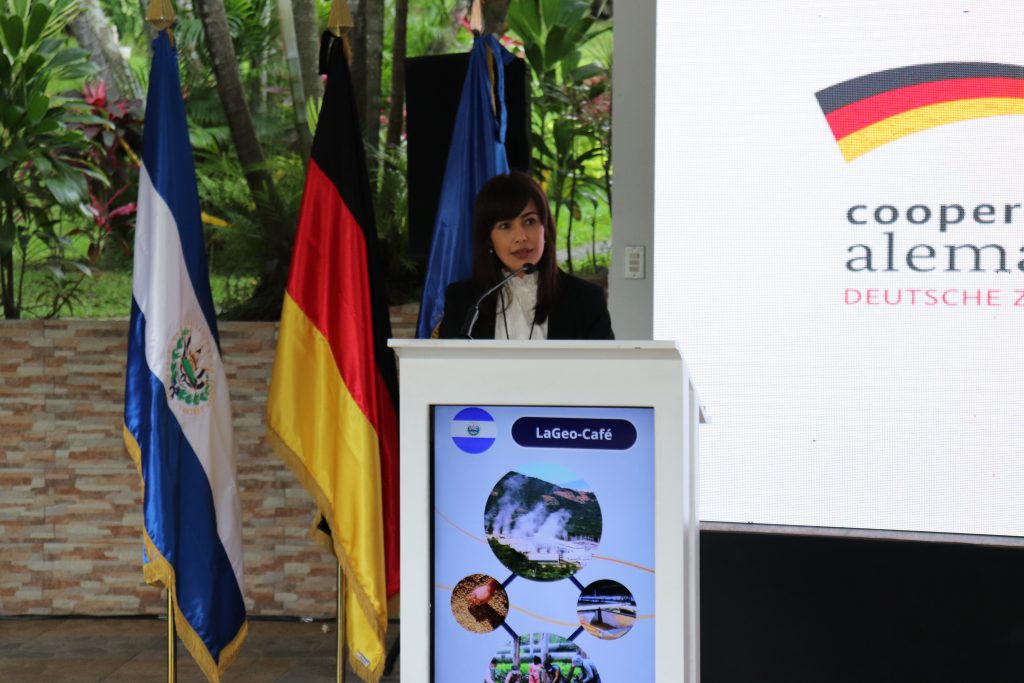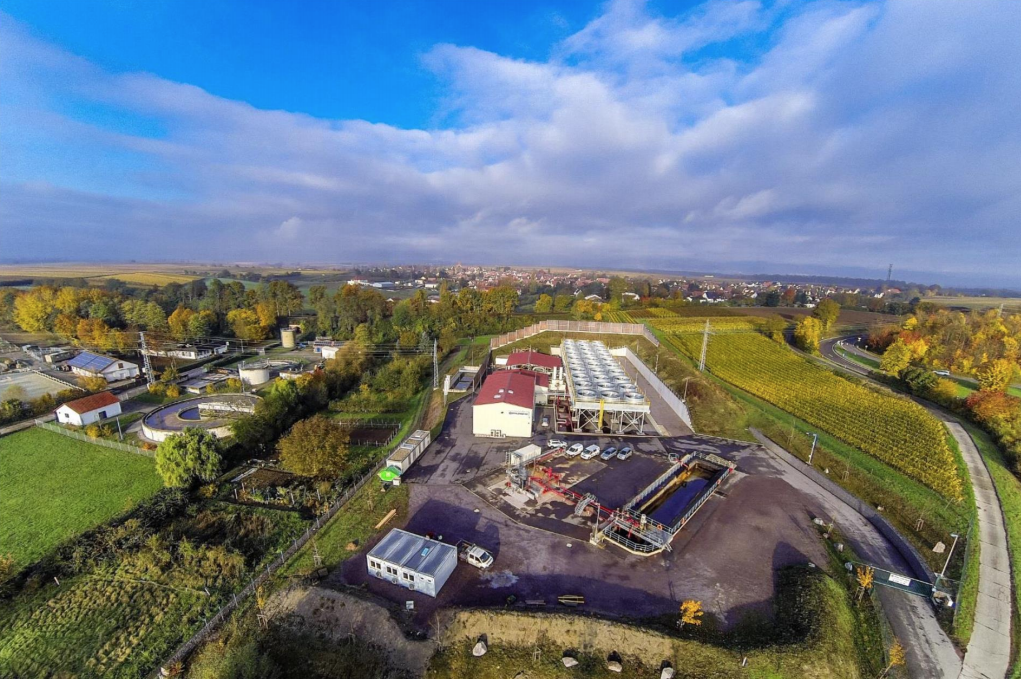Webinar – Applying transfer learning to a geothermal experiment site, 28 July 2023
Energy Disrupter
Join this webinar with Dr. Chengping Chai from Oak Ridge National Laboratory on the use of transfer learning to process seismic monitoring data at an EGS site.
As part of the regular Focus on Geothermal webinar series, a partnership between ThinkGeoEnergy and Enerchange, we are proud to host Chengping Chai, a Geophysicist from the Oak Ridge National Laboratory. The webinar will be on the topic: “Applying Transfer Learning to a Geothermal Experiment Site.”
Date: 28 July 2023
Time: 15:00 CEST (09:00 EST / 06:00 PST)
Registration link: https://register.gotowebinar.com/register/6567778109847026014
Dr. Chengping Chai is a geophysicist and R&D associate staff at the Oak Ridge National Laboratory. His research focuses on 3D multivariate geophysical imaging at various scales ranges from 10 meters to 1000 kilometers, machine learning applications for seismological problems, deterministic and stochastic inversion, seismo-acoustic monitoring, earthquake
parameter estimation, and scientific visualization.
To expand the utilization of geothermal energy, researchers are developing enhanced geothermal systems (EGS). Seismic monitoring is a key component for EGS to ensure that they operate safely and efficiently. Due to the complexity of seismic signals as well as the large data size, traditional seismic data processing tools struggled to achieve high accuracy and fast speed at the same time.
The research work by Dr Chai introduced deep learning and transfer learning techniques to the seismic data processing workflow for a geothermal experiment site. These techniques drastically reduce the time cost for seismic data processing and achieve human-level performance. Combined with advanced geophysical algorithms, the researchers were able to image subsurface structure and locate seismic events with transfer learning derived measurements.
The transfer learning technique allows us to improve seismic event locations and better constrain fracture systems for EGS. The results were validated with independent borehole observations, showing that deep learning and transfer learning are quite useful for geothermal systems.

